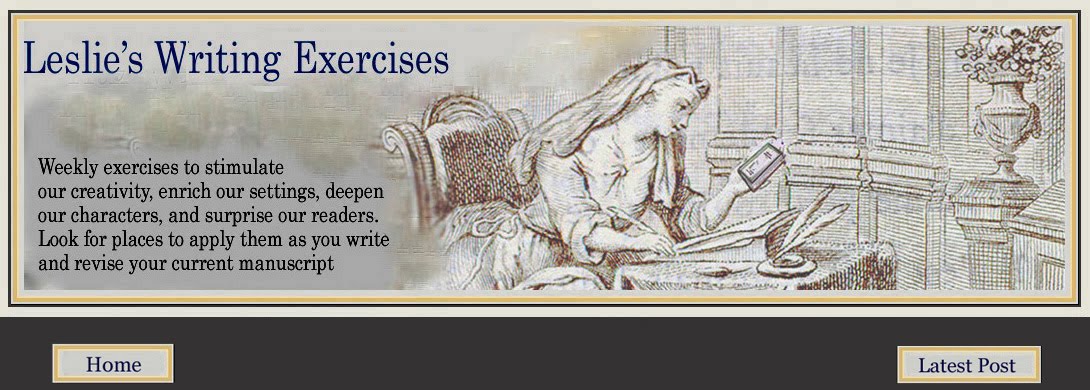Today we start our novel.
What will we write about? There can be only one answer.
"There are eight million stories in the naked city, and they are all about the same thing--trouble. Your novel will be about trouble. We're not interested in reading about anything else." - John Dufresne, Is Life Like This? A Guide to Writing Your First Novel in Six Months
So, when should the trouble start? By the first plot point? Ten pages in? Five? Here's another tip from Dufresne (my most trusted advisor, the writer whose guides I turn to over and over again for writing wisdom, motivation, and more than occasional confidence boosts) :
By the end of the first scene "we ought to know what the trouble is, what our central character wants and why, and we should have an indication of what his struggle will be. And we should have a reason for caring about him. You have to make us want to read the next chapter, the next scene."
So here we go. Let's begin. Get out your laptop, your notebook, your napkin--choose your weapon--Let's write the first scene of our novels.
John Dufresne: The Lie That Tells A Truth
John Dufresne: Is Life Like This? A Guide to Writing Your First Novel in Six Months



